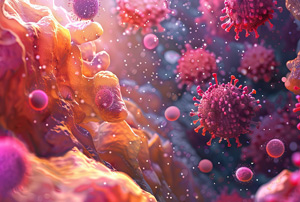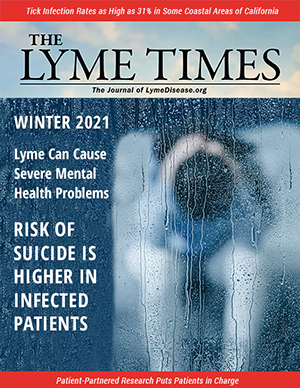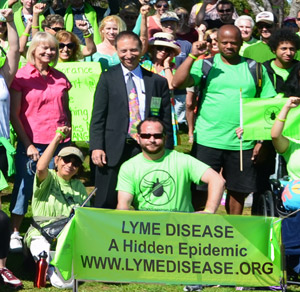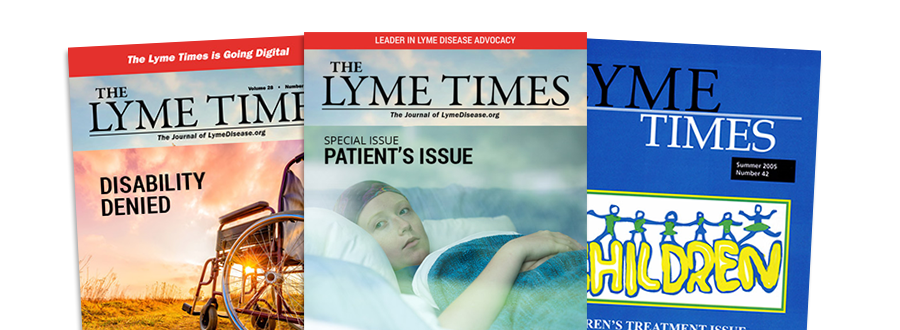W hen Brian finished college, he had dreams of becoming a professional hockey player. Unfortunately, he received a rough blow to the head and sustained a concussion. Although he didn’t lose consciousness, he developed a host of symptoms that led to leaving the ice.
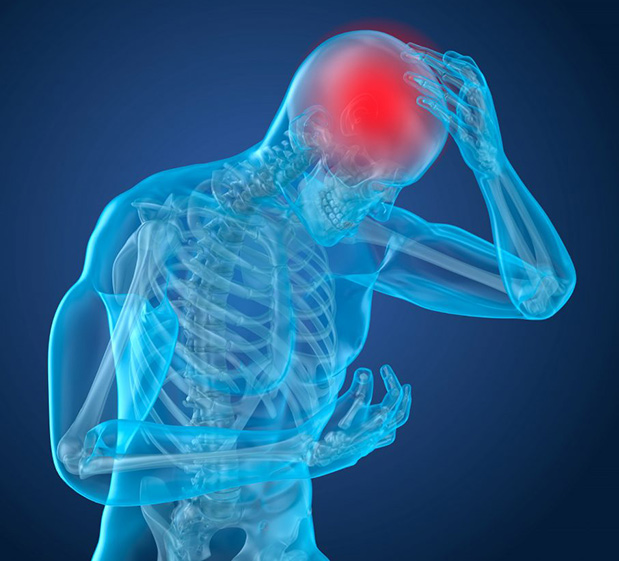 He complained of daily headaches that were worse with exertion, physical and mental fatigue, decreased concentration and short-term memory, joint pains, muscle pains, muscle cramps, chest pain, sore soles that were more tender when first getting out of bed, paresthesias (pins and needles sensations) in his fingers and toes, daytime sweats, and urethritis—pain on urination.
He complained of daily headaches that were worse with exertion, physical and mental fatigue, decreased concentration and short-term memory, joint pains, muscle pains, muscle cramps, chest pain, sore soles that were more tender when first getting out of bed, paresthesias (pins and needles sensations) in his fingers and toes, daytime sweats, and urethritis—pain on urination.
Sound familiar? Brian had spent time in upstate New York and went to college in Massachusetts. He had never seen a tick attachment nor an EM rash. An alert physician ran a Lyme western blot test but the only positive band was the IgG 18 kd, which was interpreted as negative.
The Plot Thickens
Because of his ongoing urethritis, Brian was put on Cipro for one week and all his symptoms flared. Later he was prescribed Levaquin, but he suffered the same reaction and stopped it after two days.
Brian was checked out by specialists at a highly regarded medical center, but they could shed no light on the matter.
Brian’s symptoms were getting worse, including a sore throat with swollen glands. He had another Lyme western blot (performed at Labcorp) in which the IgM was now reactive at 23 kd. This was interpreted as positive for Lyme disease.
He was then prescribed doxycycline 100 mg twice daily. He herxed for five days and over the next two months he experienced mild improvement.
Post-Concussive Syndrome
I’m going to take a break from Brian to discuss post-concussive syndrome (PCS), symptoms that persist after a traumatic brain injury (TBI). The symptoms of PCS include headache, dizziness, neck pain, exercise intolerance, irritability, anxiety, sleep problems, diminished cognition with memory loss, poor concentration and difficulty with problem-solving, and noise and light sensitivity…….Join or login below to continue reading.







